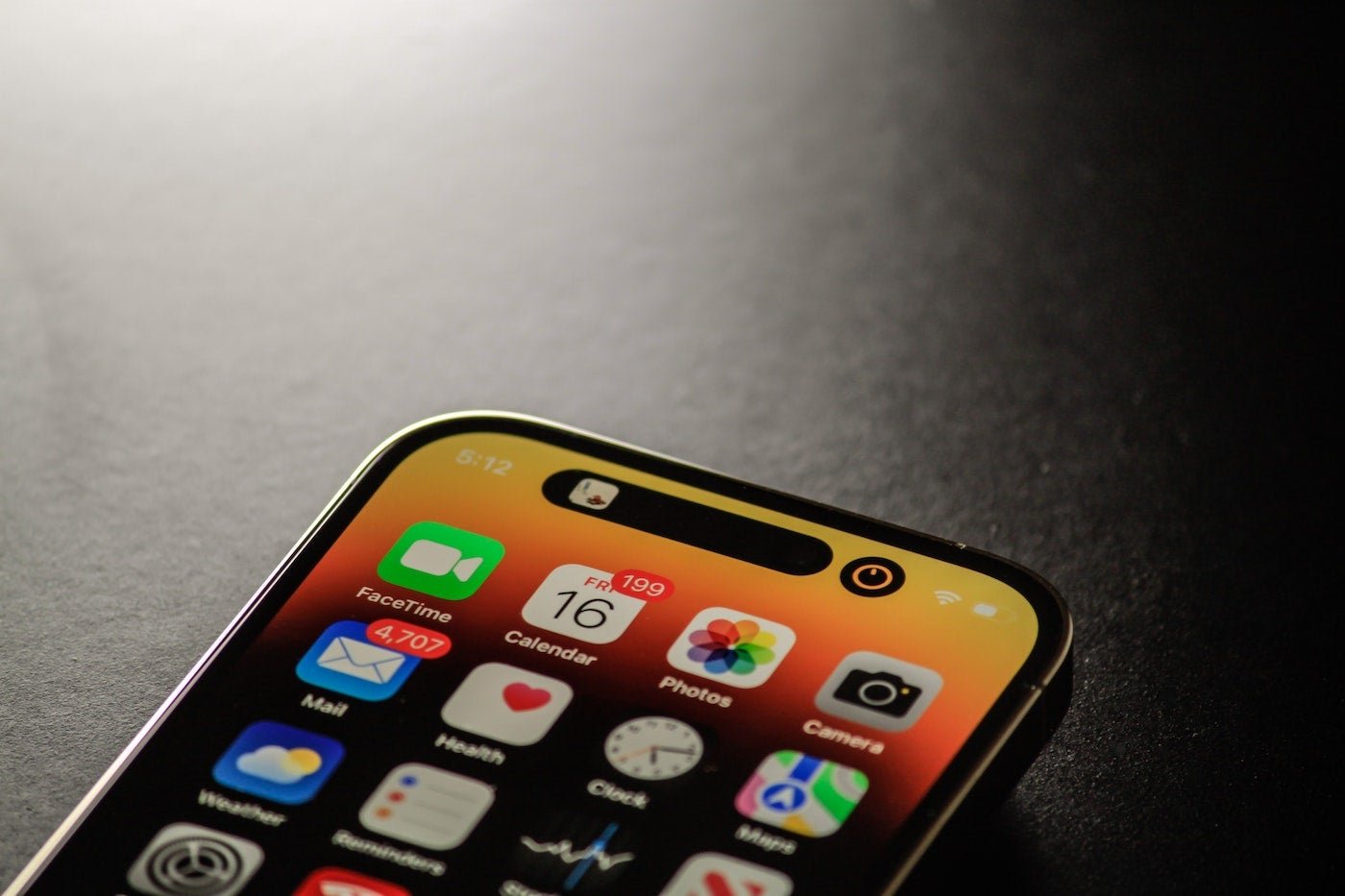As of December 27, Apple stopped selling the iPhone 14, iPhone 14 Plus and third-generation iPhone SE in all EU member states, including France, Germany, Italy and Spain. This decision follows regulations that require electronic devices sold in these countries to have USB-C charging ports, which these models lack.
The European “Common Charging” Directive 2022/2380, which establishes new rules for radio equipment sold in the EU, entered into force on 28 December. Among other things, it requires most devices – including phones, tablets and cameras – to charge via USB-C in an effort to reduce e-waste and address market fragmentation.
In addition to requiring USB-C ports, the directive mandates that devices that support fast charging comply with the USB power delivery standard, which enables faster charging speeds and up to 240W of power. Devices should also come with clear labels informing customers of the charging standards and capabilities.
Why is this directive necessary?
A universal charging standard ensures that one charger can work for multiple devices, reducing the need to own or purchase different cables. It also prevents manufacturers from bundling their specific chargers with their products and adding the associated costs to the price.
SEE: Apple Intelligence EU: Potential Mac release amid DMA rules
Furthermore, standardization of USB-C creates a level playing field for accessory manufacturers by removing proprietary technology such as Apple’s Lightning Port, allowing them to design products that are compatible with all devices without restrictions or licensing fees.
The iPhone 14, iPhone 14 Plus and iPhone SE – as well as the Magic Keyboard – all feature the Lightning Port, which has now been removed from Apple’s online stores in most EU countries, as reported by MacRumors. The phase-out began around December 20, after the devices were discontinued in Switzerland.
As the UK has left the EU in 2020, the devices can still be bought in England, Wales and Scotland; however, the devices are not available in Northern Ireland as they operate in the EU’s single market. These Apple devices are still available outside of Europe, such as in the US, India and China.
Apple authorized resellers in the EU will be able to continue selling the Lightning-enabled iPhones until they run out, according to the French website. iGenerationwhich also news about the impending strike on 13 Dec.
The tech giant initially claimed the EU’s regulation was “stifling innovation” in a statement Reuters in 2020; Apple finally relented and added USB-C ports to the iPhone 15 series in 2023. Europe is responsible for more than a quarter of Apple’s total revenuethus, the loss of its market will cost the company dearly.
SEE: Apple must repay €13 billion in unpaid taxes to Ireland, EU court rules
Does the new regulation affect customers who already own these models?
The new law does not affect customers who currently own these devices; however, it prevents manufacturers from selling non-USB-C enabled phones in the block, even if they were on the market before December 28. All iPads and AirPods sold by Apple are already USB-C only.
While the directive does mean that the cheapest iPhones are no longer available in the EU, Apple’s standard product timeline would likely have discontinued the iPhone 14 series in September 2025 if it hadn’t gone into effect when it did. Indeed, a fourth generation iPhone SE with USB-C connection is slated for release early 2025.
+++++++++++++++++++
TechNewsUpdates
beewire.org










